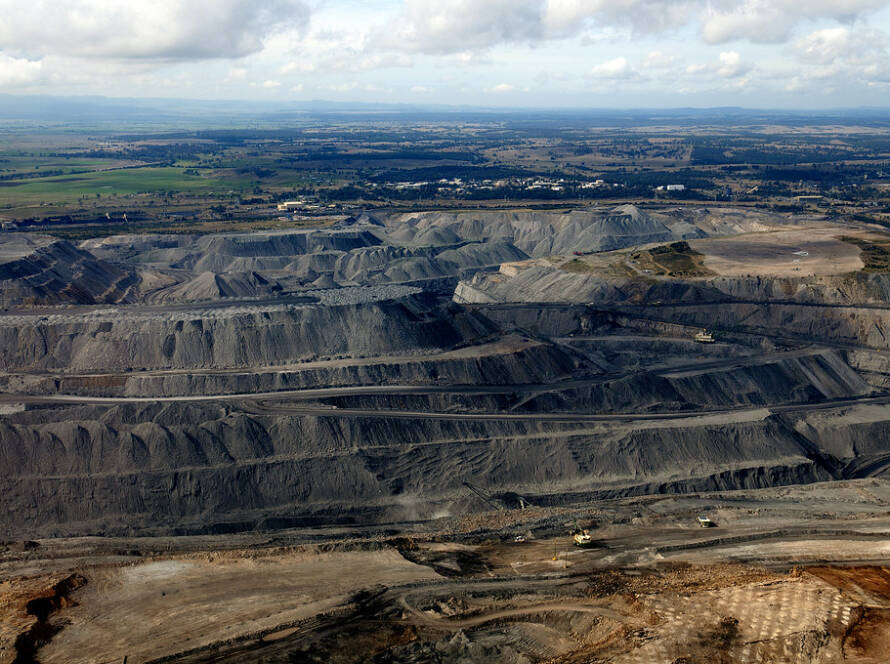RBC has been lagging its Canadian peers on net zero. Not only is it the largest funder of fossil fuels – number one in the world last year – but its policies have also been weak. Our bank net zero report card lays this out in detail.
Within this context, this week RBC released a new policy on client engagement in the energy sector, making it the first of the Canadian banks to begin to flesh out this key pillar of all of their net zero plans. Each of the banks tell us that they can’t reach net zero without their clients making progress, and so they are committed to “engage” to support them in this journey. What they prefer not to say is that they will likely need different clients should the current ones not be compatible.
If engagement is a key pillar of the banks’ net zero plans, the question then becomes how do banks evaluate existing clients on net zero, and hold them accountable if they fail to move. How is RBC proposing to do that? Highlights of its new policy include:
- Assessment criteria: The client needs to set a net zero goal, set interim targets, set a timeline for action including capital allocation, engage consistently in public policy, and report emissions progress in intensity and absolute terms, including material scope 3, among other things.
- Maturity scale: RBC will rank clients within a five-category scale from Non-committed to Advanced.
- Response: RBC will use the assessment to assist clients with financing and advice, and may make “difficult business decisions” to step away from clients making insufficient plans for the energy transition.
- Reporting: RBC will disclose portfolio-level results of these assessments in its annual climate reporting.
This is a greater level of detail than other Canadian banks have provided to date. CIBC had been leading with some aggregate disclosure of client evaluation, but does not provide as much detail regarding its evaluation criteria, making it difficult to assess credibility. TD tells us it is sorting clients into Early, Advanced, and Leading categories, but doesn’t tell us much about its criteria and doesn’t disclose aggregate progress. BMO has said it will disclose more on client evaluation in the future, and Scotia has only done an internal pilot. There’s a lot of catching up to do.
While RBC now leads on disclosure of its client engagement framework, at least for energy companies, there are nevertheless several shortcomings in its approach:
- There are no timelines given for either its assessment process nor for its accountability. When will it complete initial evaluations? What are its timelines for graduating clients from one maturity ranking to another, and how long does a recalcitrant client have before RBC cuts it off? Overall, what is the timing context for this work to demonstrate results and to ensure the bank is meeting its climate targets by deadline?
- RBC is excluding midstream companies like Enbridge from this assessment despite their current practice of driving emissions growth by expanding fossil fuel infrastructure.
- RBC’s sorting of oil and gas clients into the categories of Emerging and Intermediate cuts them a lot of slack to not yet have targets aligned with 1.5 degrees or lobbying consistent with the Paris Agreement. It’s only the highest Advanced category where clients seem to be held accountable, and even that category is missing criteria related to product diversification or managed phase out which are necessary in true transition.
- In its “sector context” for oil and gas, RBC leaves the door open to keeping clients who fail to transition, with no discussion about consistency with net zero or consideration of stranded assets. This calls into question the entire framework if net-zero-unaligned clients are allowed to remain – why then bother with assessment and engagement?
Finally, it should be noted that a client engagement framework does not replace the need for a bank to have other decarbonization policies. RBC needs to follow other banks in setting targets to reduce its financial exposure to fossil fuels overall, independent of client engagement, or it will continue to end up on lists of the world’s top carbon funders. The climate crisis continues to accelerate – banks need to take greater responsibility for their role in making that happen and rapidly shift financing into renewables and other climate solutions instead.



